Our Editorial Director Kate Ankofski took time out of her very busy schedule to answer some questions about writing, editing, and the common mistakes she sees authors make. This Q&A contains advice that will make your book better—don’t miss it!
You’ve worked for one of the Big Five publishers—what influenced your decision to make the switch to working with self-published authors?
As an acquisitions editor, I spent a surprisingly small percentage of my job working directly with authors and editing books. Contract negotiations, submission reviews, meetings with various departments, preparing manuscripts for production—these tasks, though fulfilling in their own ways, took up the bulk of my time.
After a brief trip to Minneapolis to see Bob Dylan play at Northrop Auditorium in 2008, I fell in love with the literary community here, and the Twin Cities in general. When the opportunity arose to join Hillcrest a few years later, I couldn’t resist. Here, I have the chance to work with authors who don’t often have the same resources as those publishing with the Big Five. I have an opportunity to be an advocate for those who don’t often already have one. This makes for an incredibly rewarding experience, book after book after book.
What’s the number one piece of advice you find yourself giving authors?
Read your manuscript out loud—to your writing group, to your spouse, to your dog, to your reflection in the bathroom mirror—whoever makes you feel the most comfortable. It’s the easiest way to spot overwritten passages, frequently used words, or dialogue that has a repetitive rhythm. I’ve attended readings where authors apologize for the amount of backstory we have to endure before the story begins; if you find yourself saying the same thing, it’s time to make cuts.
What are some common mistakes first-time writers make?
Rushing the writing process—which is more obvious to your readers (and your editors) than you might think. If you find yourself rushing because you’re tired of the storyline, give yourself some time away, then return to your project with fresh eyes. Make sure the plot points in your head have made it to the page.
Dialogue written for the reader’s benefit, rather than the characters’, is another rookie mistake. The next time you’re in a mall, a restaurant, a university campus—anywhere where you can observe conversations unfolding around you—jot down overheard dialogue. Keep an ear open for what people leave out, what they infer, what phrases might hint at the person’s age or background. Let these real-life conversations inform your writing.
Lastly, it seems like the newer the writer, the more exclamation points appear on the page. Use them sparingly, and then cut the remaining number by half. Your readers (and editors) will thank you.
Do you have any simple tips on adding tension to books to keep readers hooked?
I learned this tip in a screenwriting class, and have referenced it many times since: Think of your reader, your protagonist, and another important character as the three tips of a triangle. At any one time, one of those three tips should be out of the loop—for example, the reader is uncertain about a development happening behind the scenes between two characters, or the main character is unaware of something about to happen, while readers knowingly hold their breath.
Pacing is also key in building tension. If readers are fifty pages in and you haven’t yet introduced the question that the book’s conclusion will answer, tension will deflate fairly quickly.
What’s your go-to snack when editing?
Tea with vanilla honey. Cheddar bunnies. Peanut butter. Lots of peanut butter.
If you could only read one genre for the rest of your life, what would it be?
Literary fiction. I admittedly have a hard time suspending disbelief, and have always been drawn to stories that show me a truth about myself that I hadn’t yet recognized on my own.
What elements make a good book?
Conflict. Chapters that end on an unknown. Paragraphs that don’t leave readers wondering “So what?” Well-rounded characters whose villains have heart and whose protagonists have flaws. Tight narrative with strong details and no fluff. A strong sense of place.
Authors love going outside the box, whether it’s breaking genre conventions or trying out an experimental format. Do you have any words of wisdom for people considering doing something unique?
Make sure your unconventional style or format has a purpose that contributes to the story. And find beta readers who will be honest with you if they disagree. If you have to explain how to read your book, or how to interpret a certain style choice, think about how this extra work will be interpreted by your readers.
I always urge authors to ask themselves why the conventions exist in the first place. Often, these conventions simplify the reading experience and allow the story to take center stage. Make the reading experience too difficult or unnecessarily complex, and your clever attempt to break the mold is only likely to hurt your sales.
Discover more from Mill City Press
Subscribe to get the latest posts sent to your email.




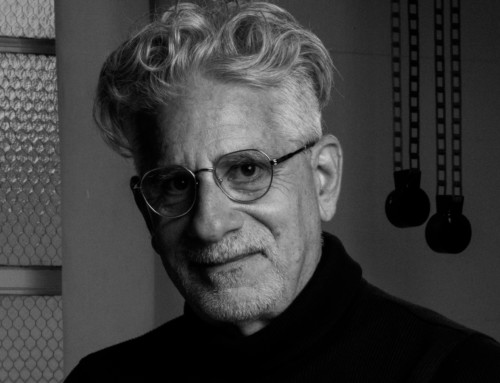



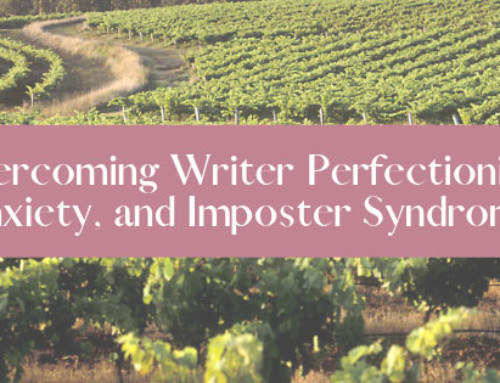
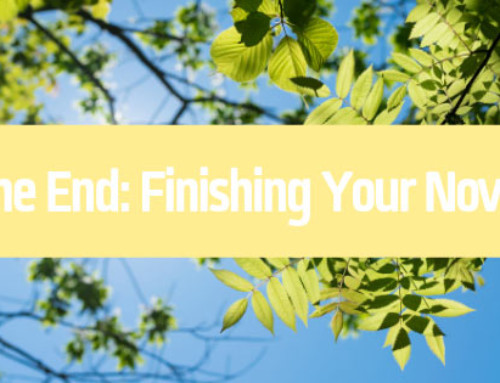
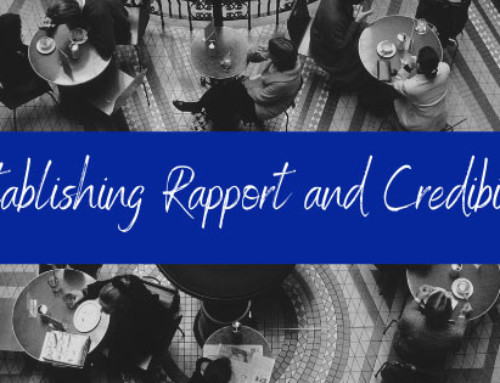

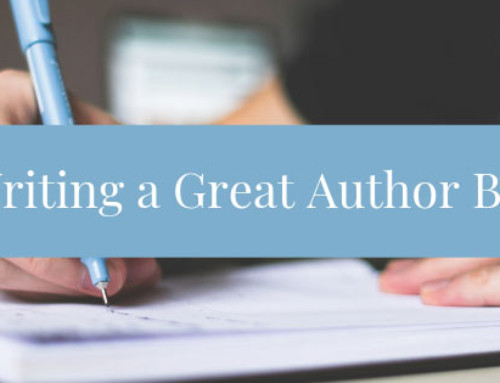

Leave A Comment